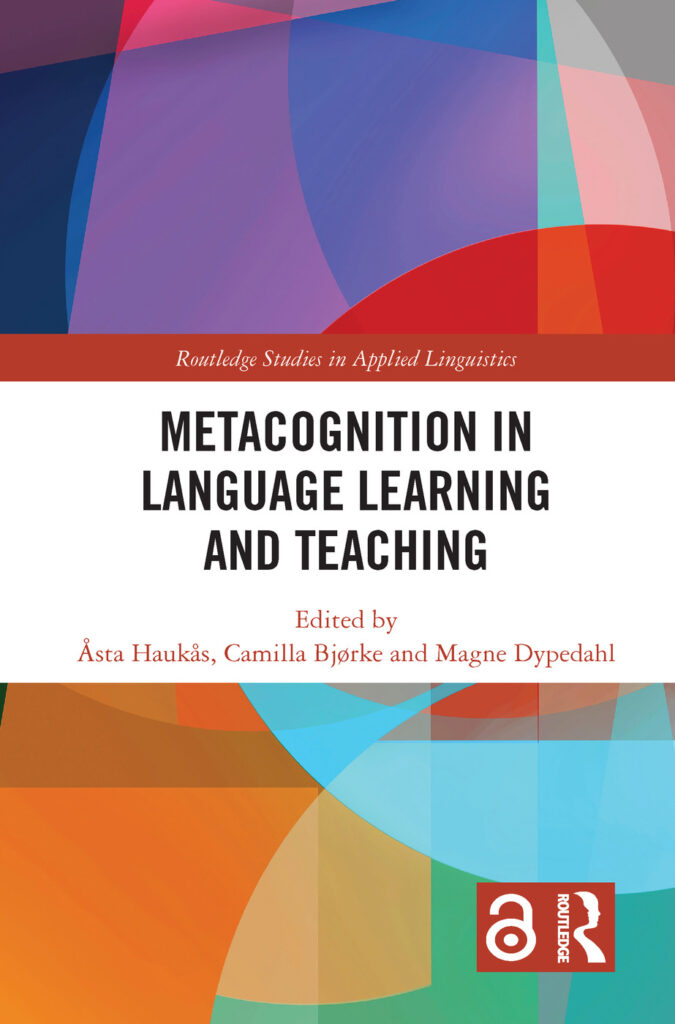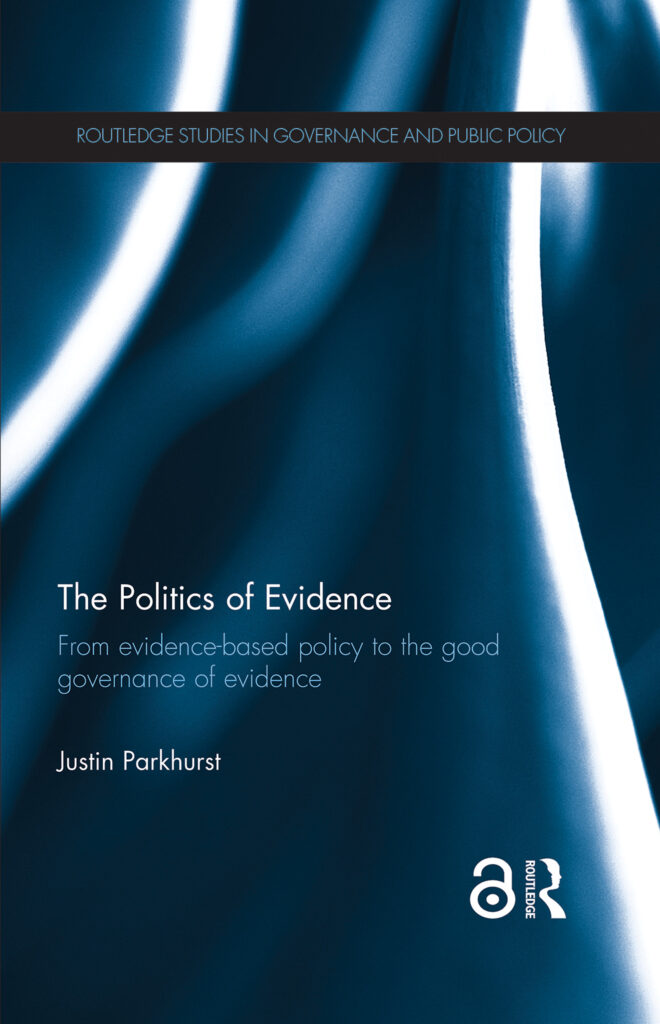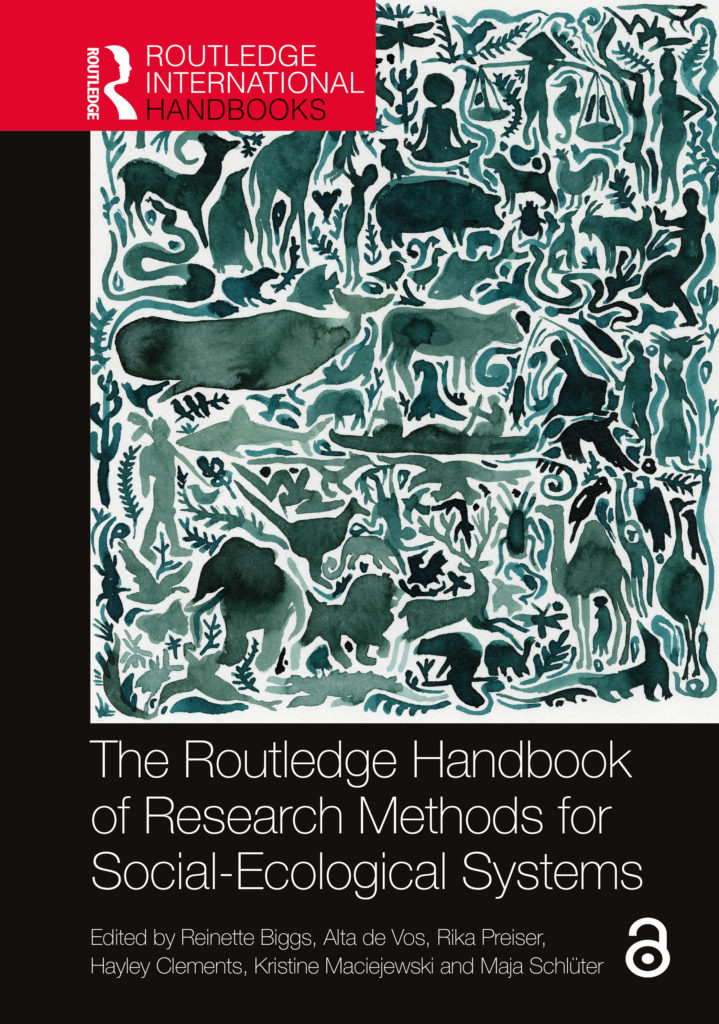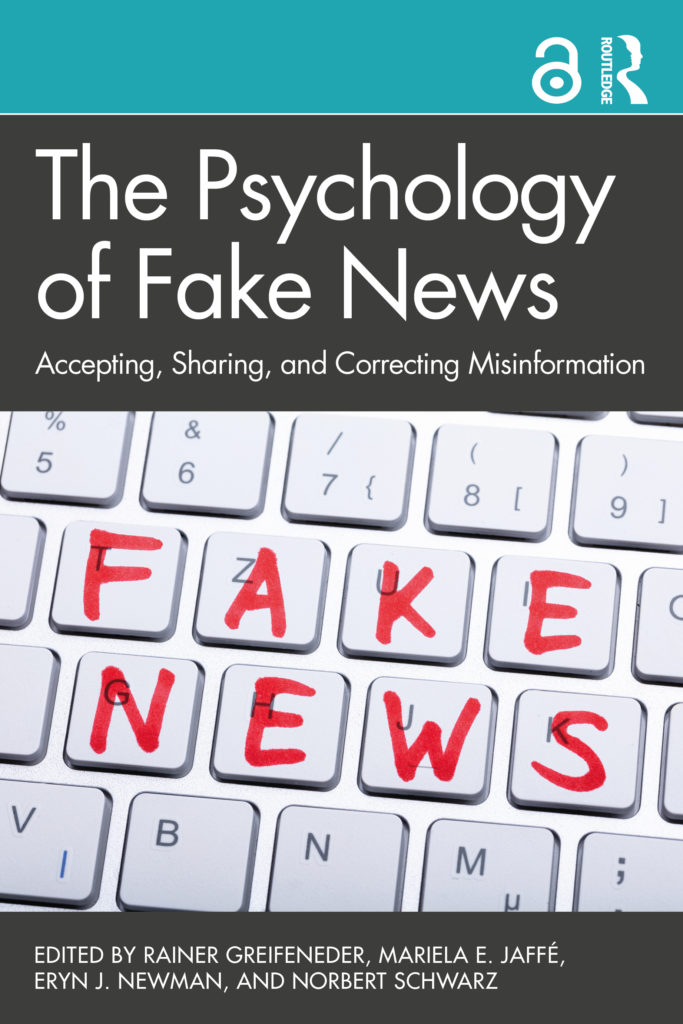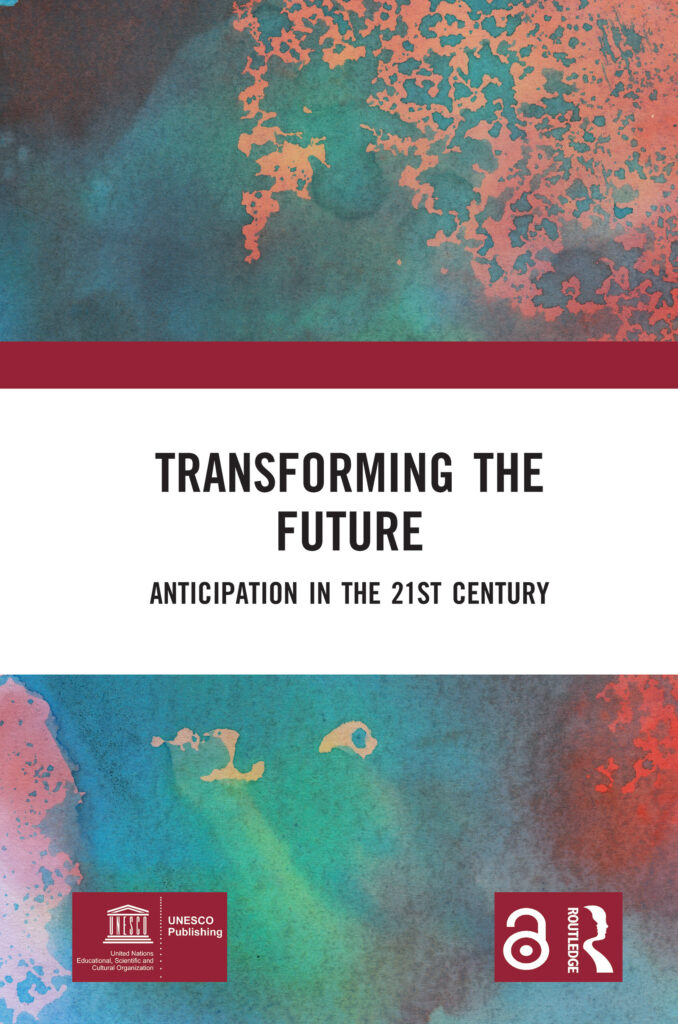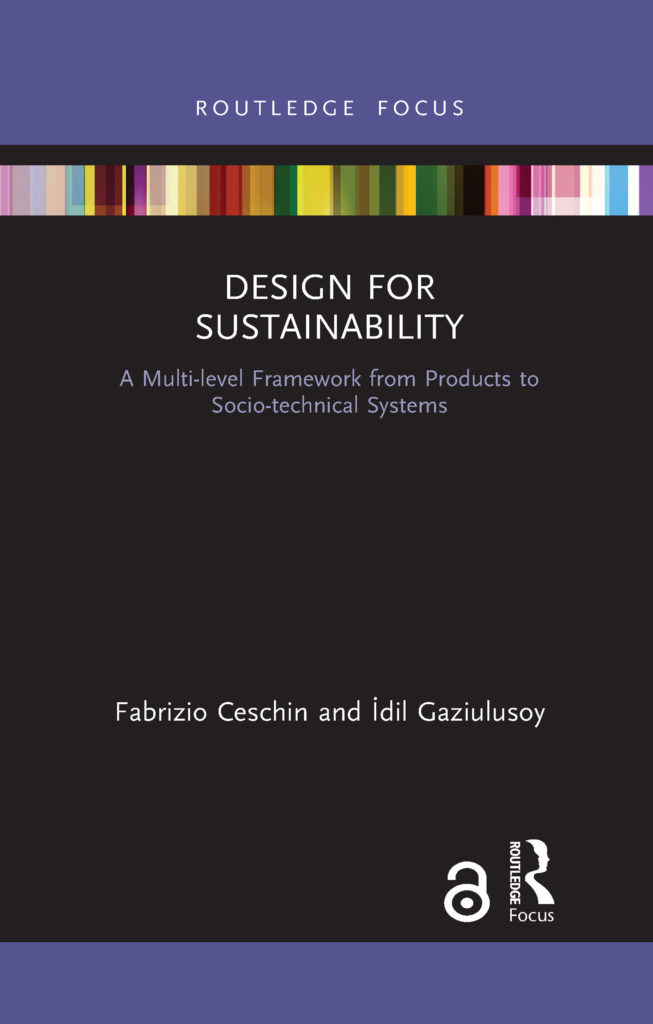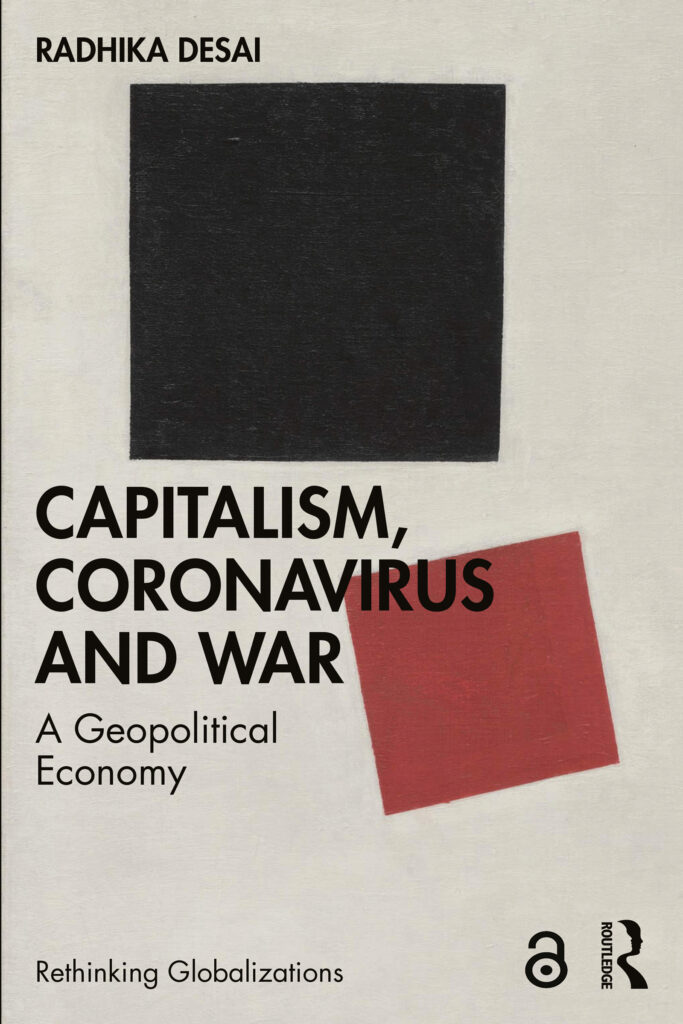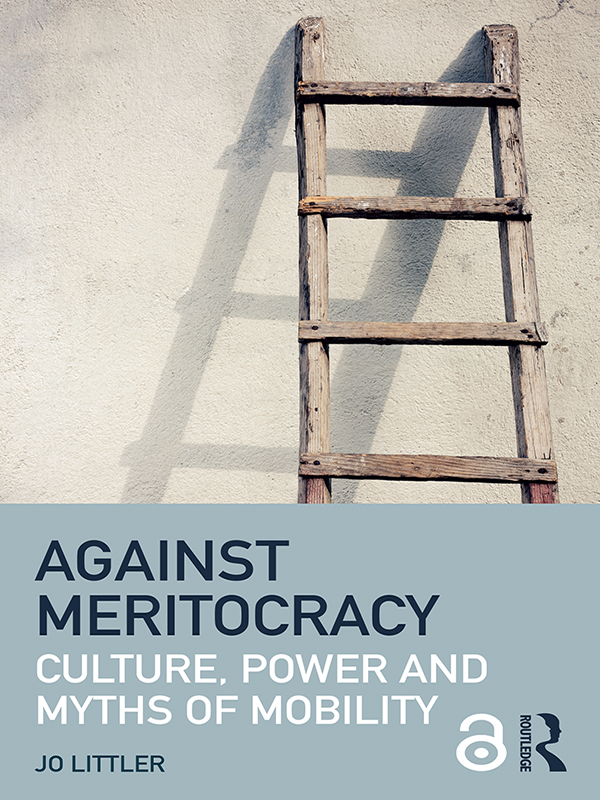Celebrating 10 Years of Open Access Books
Top 10 Most Downloaded Open Access Books from the last decade
Top 10 Most Downloaded Open Access Books from the last decade
Researchers often have difficulties collecting enough data to test their hypotheses, either because target groups are small or hard to access, or because data collection entails prohibitive costs. Such obstacles may result in data sets that are too small for the complexity of the statistical model needed to answer the research question.
Metacognition in Language Learning and Teaching
This book offers an exhaustive look at the latest research on metacognition in language learning and teaching and is divided into theoretical and empirical chapters, highlighting a diverse set of methodological approaches.
This book provides new insights into the nature of political bias with regards to evidence and critically considers what an ‘improved’ use of evidence would look like from a policymaking perspective.
This second edition of Toxic Cyanobacteria in Water presents the current state of knowledge on the occurrence of cyanobacteria and cyanotoxins as well as their impacts on health through water-related exposure pathways, chiefly drinking-water and recreational activity.
The Routledge Handbook of Research Methods for Social-Ecological Systems
Each chapter discusses the types of SES questions to which the particular methods are suited and the potential resources and skills required for their implementation, and provides practical examples of the application of the methods.
Dealing with misinformation is important in many areas of daily life, including politics, the marketplace, health communication, journalism, education, and science. In a general climate where facts and misinformation blur, and are intentionally blurred, this book asks what determines whether people accept and share misinformation, and what can be done to counter misinformation?
This book presents the results of significant research undertaken by UNESCO with a number of partners to detect and define the theory and practice of anticipation around the world today. It uses the concept of ‘Futures Literacy’ as a tool to define the understanding of anticipatory systems and processes – also known as the Discipline of Anticipation
This book discusses the most significant ways in which design has been applied to sustainability challenges using an evolutionary perspective. It puts forward an innovation framework that is capable of coherently integrating multiple design for sustainability (DfS) approaches developed so far.
Capitalism, Coronavirus and War
Capitalism, Coronavirus and War investigates the decay of neoliberal financialised capitalism as revealed in the crisis the novel coronavirus triggered but did not cause, a crisis that has been deepened by the conflict over Ukraine and its repercussions across the globe.
Meritocracy today involves the idea that whatever your social position at birth, society ought to offer enough opportunity and mobility for ‘talent’ to combine with ‘effort’ in order to ‘rise to the top’. This idea is one of the most prevalent social and cultural tropes of our time, as palpable in the speeches of politicians as in popular culture.
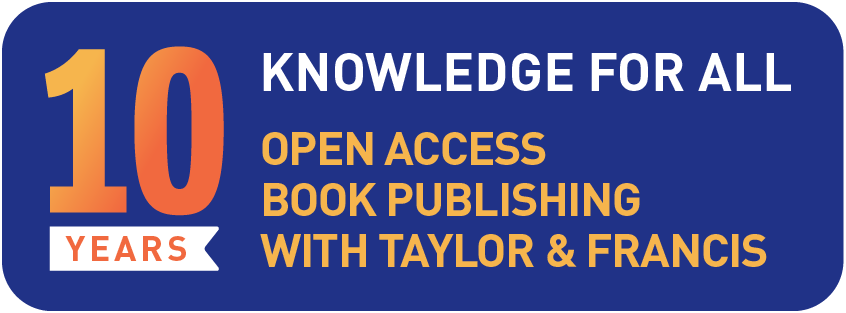
Why choose open access?
Read what our authors have to say.
“My co-editor Serena Giusti and I, we had the opportunity to make our book available for free and we thought that this could be a helpful resource for students and young researchers who might be interested in the topic! Also, we hoped to reach journalists and professionals who are not familiar with academic books.”
Kelly-Ann created a thread on twitter, below is a snippet of what she said:
“Building Better Schools, a free-to-use resource for schools & educational researchers made it in the #Top10 #openaccess books of 2021. Publishing open access was a strategic & essential decision for us. We chose to publish #openaccess because we wanted #BuildingBetterSchools to be used and shared.
We wanted as many schools as possible to benefit from the resource & the expertise of the 72 contributors.”

